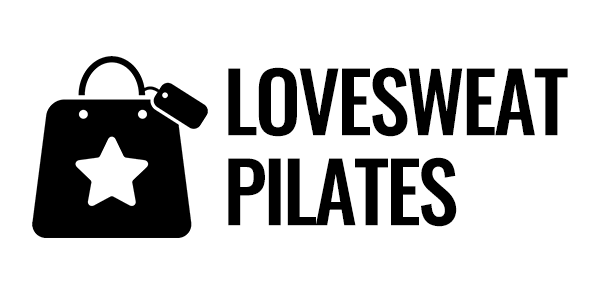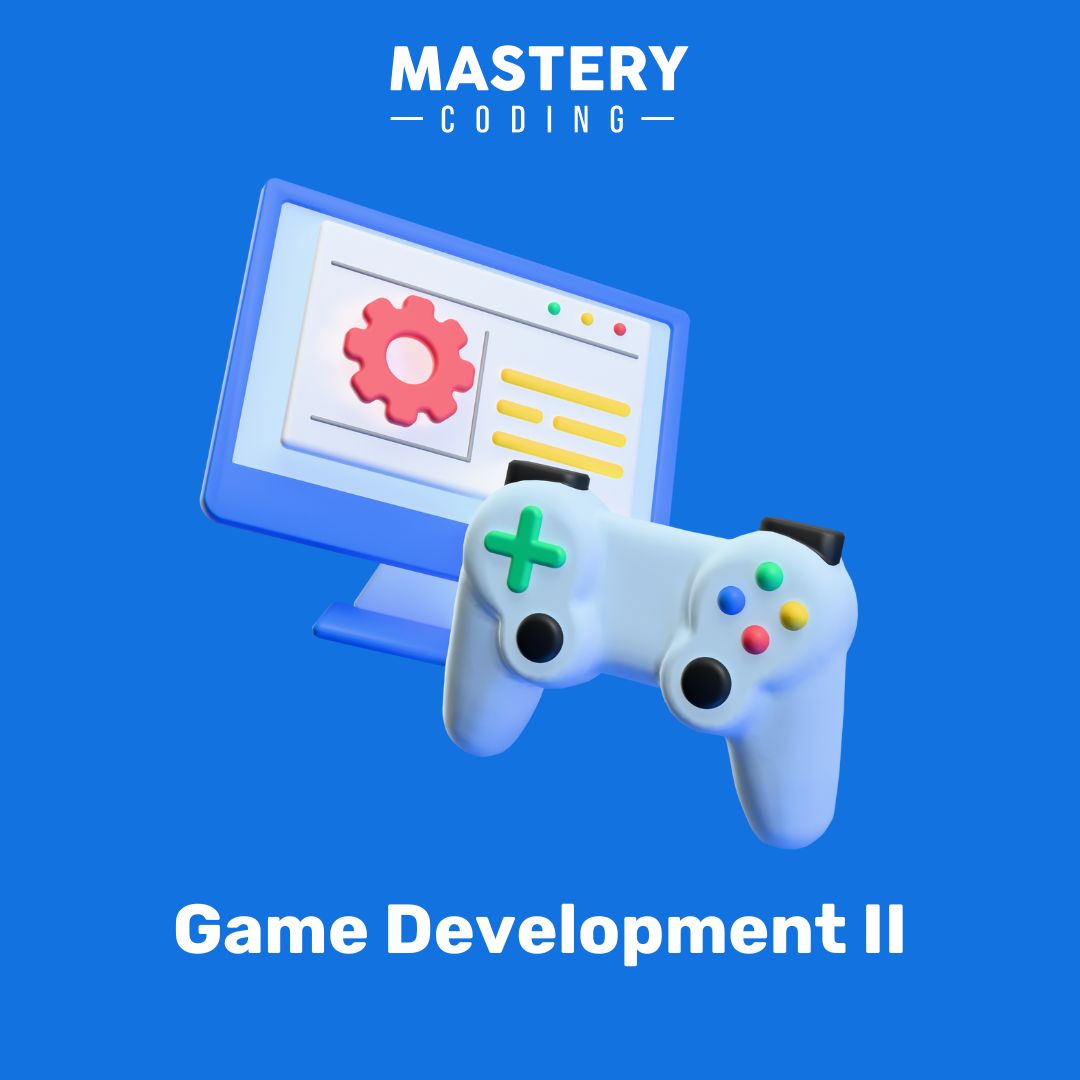Game Development II
- Grades: 9-12
- Number of Students: 30 or 100
- Number of Lessons: 8 Units, 6 Projects
- Hours of Content: 80
- Additional Resources: Flyer, Syllabus
Highlights:
This course teaches students intermediate to advanced topics in game development, including complex physics simulations, AI navigation and behavior scripting, 3D math and geometry, art and design principles, as well as industry-established software design and development practices. By the end of the course, students will be able to create 2D and 3D games and simulations from scratch, covering various game genres. They will also have gained proficiency in C#, Unity Engine, and Blender 3D, which are the most important technologies taught in this course.
Certifications:
Upon completing this course, students will be prepared to earn the following industry-recognized certifications:
- Unity Certified Associate - Game Developer
- Unity Certified Associate - Programmer
Curriculum or Lesson Topics:
Course Outline:
Rocket Kart Racing
Design and develop a 3D, physically-simulated racing game. Students learn how to implement real-world physical forces such as torque, friction, and spring force and damping in code. Students also learn how to analyze and reverse engineer game mechanics from popular games such as Rocket League and Mario Kart.
Voxel World
Programmatically generate 3D models and voxel-based worlds. Students learn how to generate 3D models from code in Unity and how to generate an entire voxel-based world, similar to Minecraft. Students learn about the fundamentals of 3D graphics including vertices, edges, faces, UVs and texture mapping, and how to optimize game systems for large scale worlds.
Collectible Card Game
Design and develop the framework for a highly extensible collectible card game similar to popular games such as Hearthstone or Magic: The Gathering. Students learn about industry-standard practices for content design and implementation. Students program a turn-based collectible card game, with potentially dozens of different cards, from the ground up including enemy AI scripting.
3D Modeling Animation
Apply the principles of 3D modeling and apply them to create a low-polygon character. Students learn how to texture and rig their models for animation. Principles of animation, including keyframes, timing, and Blender specific editors, will be learnt to animate their character. Game Development pipeline tools are used to fully realize and animate characters for use in other programs.
MOBA Prototype
Students develop a single-player prototype for an Multiplayer Online Battle Arena similar to League of Legends. Students learn about multiple approaches to designing and implementing AI Behavior including finite-state machines and behavior trees. Students learn how to implement a complex system of AI tasks using C# interfaces to facilitate low-coupling and high code reuse.
Level Design and Lighting
Students learn about level design and lighting while building a simple first-person action game.
Third-Person Platformer
Students learn how to build a third-person 3D platformer, focusing on different approaches to character movement and player control and AI behavior scripting.
Career Readiness/Exam Prep
Students explore careers in the game industry, prepare for job applications and interviews, and prepare for Unity certification exams.
Projects:
Rocket Kart Racing
Students learn how to analyze and reverse engineer game mechanics and their implementation from popular ESports games such as Rocket League while learning physic concepts such as torque.
Play in Browser
Voxel World
Students create procedurally generated voxel worlds modeled after the core functionality of games like Minecraft.
Play in Browser
Collectible Card Game
Students design and develop the framework for a highly extensible collectible card game similar to popular games such as Hearthstone and Magic: The Gathering.
Play in Browser
MOBA Prototype
Students develop a single-player prototype for an Multiplayer Online Battle Arena similar to League of Legends while learning about approaches to designing and implementing AI Behavior.
Play in Browser
First-Person Action Game
Students build a first-person action game prototype while learning key elements of level design including asset creation, unifying color theory, workflow improvements, lighting and environment design.
Play in Browser
3D Platformer
Students build the basics of a third-person 3D platformer from scratch focusing on input interfaces, physics-based character movement, character animations, and collision detection in Unity.
Play in Browser
Technical Requirements:
Software Installed:
- Google Chrome
- Unity Hub + Unity 2021 LTS
- Blender 3.1 or Later
- Microsoft Visual Studio Code
Operating System:
- 64-bit Windows 10 or later
- macOS 11 or later




